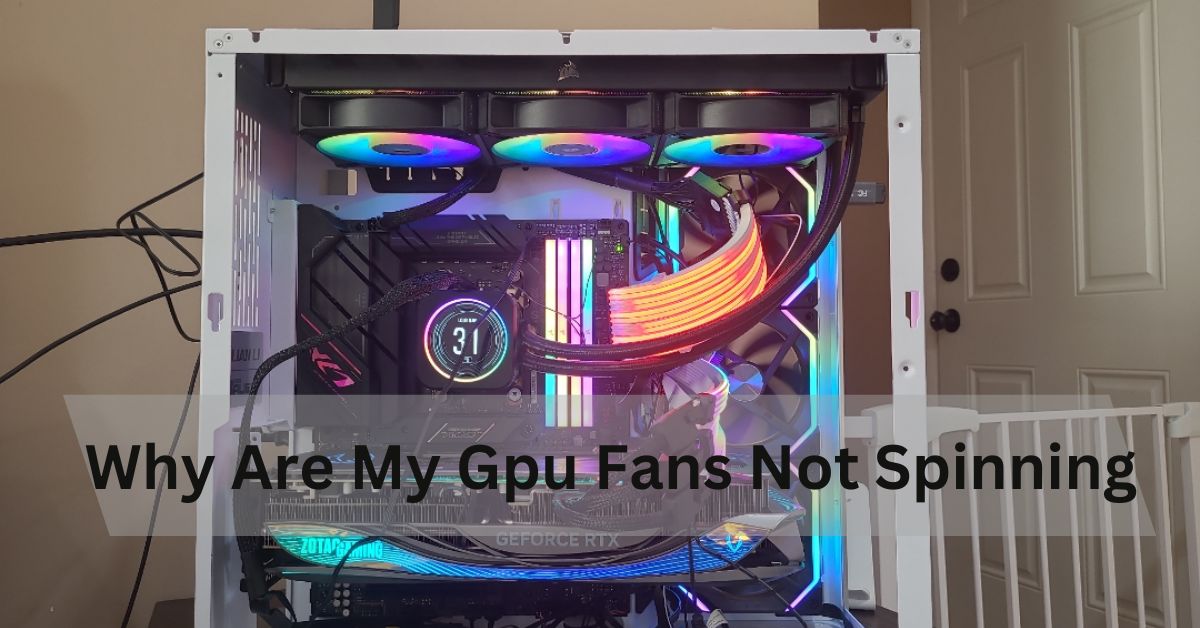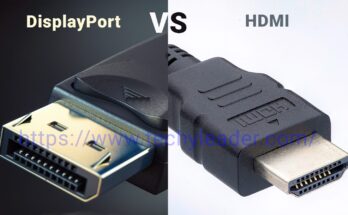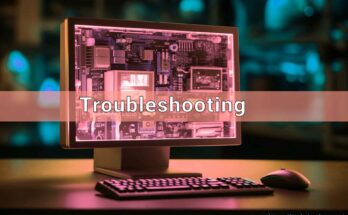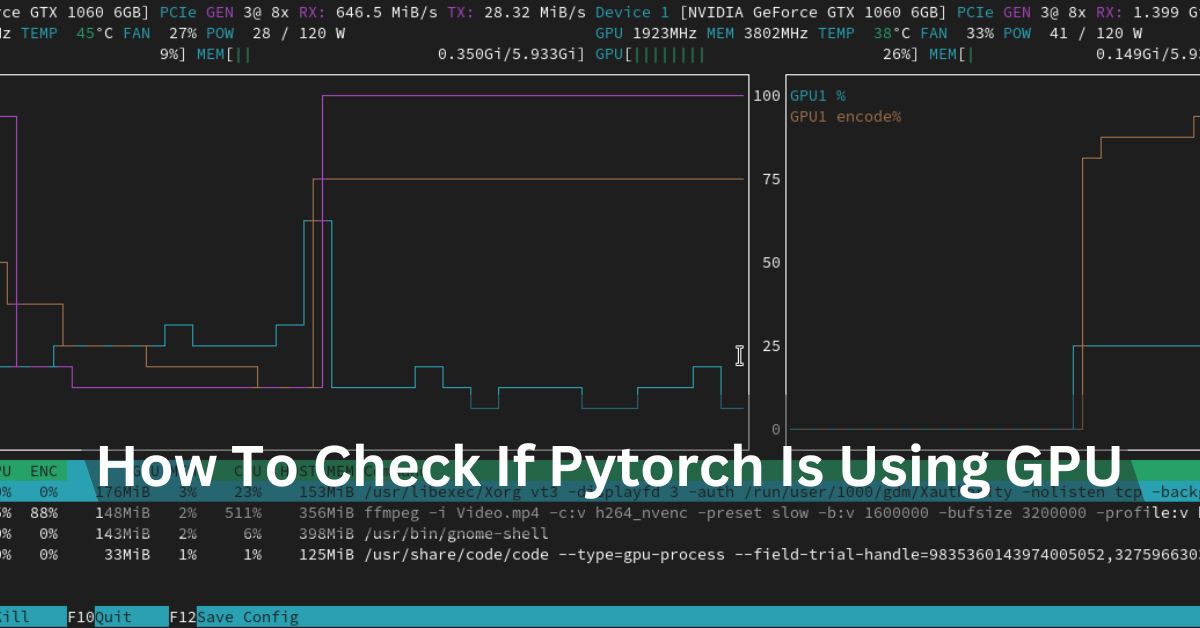Do you stress over your GPU fans why they are not spinning? Is it ok for your GPU?
Indeed, it is all right with your GPU. Your GPU fans may not be spinning for different reasons, such as a product setting, overheating insurance, failing fans, or a broken association.
In this article, we will help you understand why this may be happening and how to determine it.
Common Reasons for GPU Fans Not Spinning:
1. Zero RPM Mode:
As referenced, zero RPM mode is a typical component in current GPUs. If your GPU fans aren’t spinning while the System is inactive or performing light errands, there’s probably no issue. The fans will kick in once the GPU gets hotter, regularly while running requesting applications or games.
2. Programming or Driver Issues:
Obsolete or undermined drivers can cause GPU breakdowns, including the fans not spinning. Ensure you have introduced the most recent drivers for your GPU. You can download them from the maker’s site (e.g., NVIDIA, AMD).
3. Equipment Glitch:
At times, the actual fans may be defective. That could be because of assembling deformities or mileage after some time. If you suspect an equipment issue, you might have to supplant the fans or contact the producer for help.
Also Read: Do I Need To Update BIOS For New CPU?-Complete Guide
Disadvantages of gpu fan not spinning:

1. Overheating:
Without dynamic cooling from the fans, the GPU is bound to overheat, prompting diminished execution, flimsiness, or even equipment harm.
2. Warm Choking:
To keep harm from overheating, the GPU might choke its exhibition, lessening its speed and causing lower outline rates or slack during gaming or other GPU-escalated assignments.
3. Reduced Lifespan:
Continually having high fevers because of idle fans can abbreviate the life expectancy of the GPU parts, possibly prompting untimely disappointment.
4. Noise Increase:
When GPU fans aren’t spinning, the GPU might depend on other cooling strategies, such as expanded wind current from case fans or the GPU’s uninvolved heatsink. That can bring about expanded commotion levels from these different parts.
5. Execution Corruption:
As temperatures climb, the GPU may consequently diminish its clock rates and voltages to forestall overheating, bringing about diminished execution contrasted with ideal circumstances.
Also Read: Can Virtualbox Use GPU?-Complete Guide
Advanced Troubleshooting:

1. Programming Check:
Guarantee that your GPU drivers are forward-thinking and that no settings in your GPU control board or outside programming are keeping the fans from spinning.
2. Temperature Checking:
Screen your GPU temperature utilizing programs like MSI Max engine propulsion or HWMonitor. If the temperature is inside safe cutoff points and the fans aren’t spinning, it could show a sensor issue.
3. Bios Update:
Check for a Bios update accessible for your GPU. Firmware updates can sometimes determine fan control issues.
4. Actual Assessment:
Honestly, assess the fans for any blocks or harm. Wipe out any residue or trash that might keep them from spinning appropriately.
5. Fan Association:
Guarantee that the fan links are safely associated with the GPU. If they’re free or harmed, they might need to be supplanted.
6. Fan Substitution:
The actual fans might be defective and should be supplanted when in doubt. Contact the GPU producer for guaranteed support or to consider post-retail fan substitutions.
When to Look for Proficient Assistance:
1. Basic Troubleshooting Fails:
Assuming you’ve attempted essential investigating steps like looking at associations, cleaning dust, and changing settings, yet the issue continues, it might require further development in finding and fixing.
2. Actual Harm:
If you suspect actual harm to the GPU or its fans, such as broken sharp edges or consumed parts, it’s ideal to have an expert examine and fix it to prevent further harm.
3. Guarantee Inclusion:
Assuming your GPU is still under guarantee, seeking proficient assistance from the producer or an approved fix place guarantees that fixes are performed according to guarantee terms, forestalling the voiding of the guarantee.
4. Technical Expertise Required:
Some GPU issues require specific devices or specialized aptitude to analyze and fix, for example, testing fan engine usefulness or reconstructing firmware.
5. Hazard of Additional Harm:
Endeavouring Do-It-Yourself fixes without the essential abilities or devices can, in some cases, lead to additional harm, particularly with fragile electronic parts like GPUs. Looking for proficient assistance limits this gamble.
6. Remove Anything Jamming the Fans:
If the fans on an illustration card are not spinning, they might be impeded by flotsam and jetsam. Clean the fans with packed air to eliminate any garbage, and make sure that they are spinning uninhibitedly by spinning them with your finger with the PC controlled off.
Also Read: How To Lower GPU Temp?-A Complete Guide
FAQs:
1. How do I know if my GPU fan is broken?
A healthy GPU fan should produce minimal noise, so any unusual sounds should cause concern. If your GPU is overheating, even with proper cooling, it may be a sign that the fan is not functioning correctly.
2. How would I make my GPU fans turn?
Guarantee that the fan speed isn’t set to zero for any temperature.
3. How can I say whether my GPU fan is fizzling?
If your GPU is overheating even with legitimate cooling, it very well might be an indication that the fan isn’t working as expected.
4. For what reason is my fan not spinning?
The fan may be harmed, and a few parts or the engine might be broken.
5. What do we do if the GPU fan bites the dust?
Get a container of packed air and clear the residue while your PC is switched off.
Conclusion:
GPU fans not spinning can be a reason to worry. However, it’s frequently because of straightforward and effectively fixable issues. You can recognize and determine the issue by understanding how your GPU’s fan System functions and following the investigating steps illustrated in this guide. Standard support and observation can assist with forestalling future issues, guaranteeing your GPU works proficiently and dependably.
Remember that if you need clarification, contact an expert or the GPU producer. Your GPU is a significant venture, and dealing with it will guarantee it keeps conveying top execution into the indefinite future.



